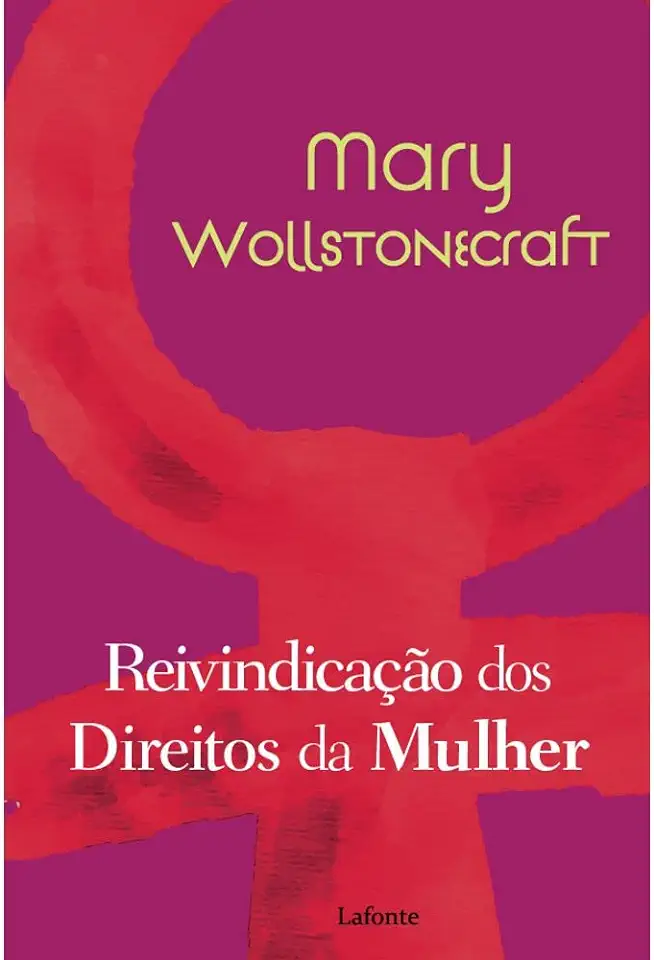
A Vindication of the Rights of Woman - Mary Wollstonecraft
A Vindication of the Rights of Woman: Empowering Women through Education and Equality
Introduction: Unleashing the Potential of Women
In the groundbreaking work, "A Vindication of the Rights of Woman," Mary Wollstonecraft passionately advocates for the education and equality of women, challenging the prevailing societal norms of the 18th century. With eloquence and unwavering conviction, Wollstonecraft presents a compelling argument for women's rights, laying the foundation for feminist thought and igniting a revolution in gender equality.
Education: The Key to Women's Liberation
Wollstonecraft firmly believed that education was the key to unlocking women's potential and achieving true equality. She vehemently criticized the limited educational opportunities available to women, arguing that they were systematically denied access to knowledge and intellectual development. By denying women education, society perpetuated their dependence on men and hindered their ability to think critically and make informed choices.
Wollstonecraft envisioned a world where women would receive the same quality of education as men, enabling them to pursue their intellectual pursuits, contribute to society, and challenge the status quo. She emphasized the importance of educating women not only in domestic skills but also in subjects such as mathematics, history, and philosophy, empowering them to become well-rounded individuals capable of participating in all aspects of life.
Equality: Dismantling the Barriers of Gender
Wollstonecraft boldly challenged the notion of women's inferiority, asserting that women were just as capable as men of achieving greatness. She argued that the perceived differences between men and women were largely a product of societal conditioning and not inherent biological traits. By dismantling the artificial barriers erected by gender roles, women could rise above the limitations imposed on them and contribute to society in meaningful ways.
Wollstonecraft envisioned a society where women would be treated as equal partners to men, enjoying the same rights and opportunities. She called for legal reforms to protect women's rights, including the right to own property, the right to vote, and the right to divorce. By advocating for these fundamental changes, Wollstonecraft sought to create a more just and equitable world for women.
Impact and Legacy: A Catalyst for Change
"A Vindication of the Rights of Woman" had a profound impact on the feminist movement and continues to inspire generations of women to this day. Wollstonecraft's powerful arguments and unwavering commitment to equality challenged the very foundations of patriarchal society, sparking a wave of change that would eventually lead to significant advancements in women's rights.
Wollstonecraft's work influenced numerous social reformers and activists, including Susan B. Anthony, Elizabeth Cady Stanton, and John Stuart Mill. Her ideas laid the groundwork for the women's suffrage movement and contributed to the broader struggle for social justice and equality.
Conclusion: Embracing the Power of Women
"A Vindication of the Rights of Woman" is a timeless classic that remains as relevant today as it was when it was first published. Mary Wollstonecraft's passionate defense of women's education and equality is a powerful reminder of the transformative power of knowledge and the urgent need to dismantle gender-based barriers.
By embracing Wollstonecraft's vision of a world where women are empowered, educated, and treated as equals, we can create a more just and equitable society for all. "A Vindication of the Rights of Woman" is a must-read for anyone passionate about gender equality and social justice, inspiring us to challenge the status quo and work towards a brighter future for women everywhere.
Enjoyed the summary? Discover all the details and take your reading to the next level — [click here to view the book on Amazon!]